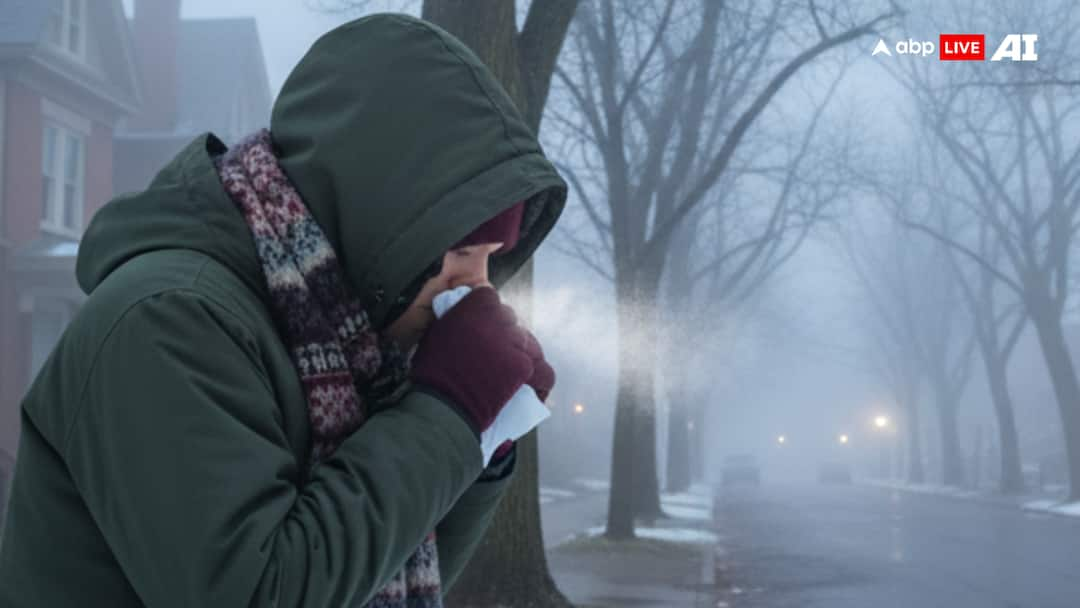(By Dr. Anusha C M)
Winter is here, and so are the array of respiratory illnesses. During this season, people tend to catch colds and coughs more frequently. But have you ever wondered, could these simple, recurring cold and cough episodes turn into a full-blown pneumonia?
Here’s what you should know, and a few signs to help you tell whether your cold and cough might be developing into something more serious.
ALSO READ: World Pneumonia Day 2025: Know The History, Significance, Theme, And All About This Day
1. A Cough That Won’t Go Away
Generally, a normal cold or viral flu brings symptoms like a runny nose, sneezing, mild dry cough, and throat irritation. But if your cough starts becoming more productive, meaning you begin to cough up yellow or green sputum, and it persists for more than two weeks, it’s time to consult a pulmonologist.
2. Breathing Difficulty
In most viral infections or seasonal colds, breathing difficulty is uncommon. However, if you start experiencing shortness of breath, wheezing, or you’re unable to carry out your regular activities comfortably, consider it a warning sign.
3. Fever That Refuses To Settle
Typically, a fever from the flu goes away within three to four days. If you have a fever that lasts for over two weeks, chills, shaking, and excessive sweating, it may be that your infection has developed into pneumonia.
4. Chest Pain While Coughing Or Breathing
If you have sharp or stabbing pains whenever you cough or take deep breaths, these could be a sign of fluid build-up in the lungs or pneumonia. The pain shouldn’t be ignored; this needs medical attention.
5. Extreme Fatigue And Weakness
If you’re more tired than usual, can’t get out of bed, or you lack the energy to get you through the day, that could be a symptom of pneumonia. If the exhaustion persists and is more than what you would expect from having a cold, that’s something to worry about.
6. Changes In Mental Health
Pneumonia can affect your mental clarity and alertness rapidly. You may notice confusion, disorientation, drowsiness, short-term memory issues, imbalance, or difficulty walking in the person. These symptoms are most common in older adults and are quite serious.
When To Seek Help
If you or anyone close to you possesses any of the warning signs mentioned above, do not wait but seek immediate consultation with a pulmonologist. Early detection is the most effective treatment against pneumonia, while delays lead to complications.
Dr. Anusha C M is Consultant- Respiratory Medicine at Manipal Hospital Malleswaram
[Disclaimer: The information provided in the article is shared by experts and is intended for general informational purposes only. It is not a substitute for professional medical advice, diagnosis, or treatment. Always seek the advice of your physician or other qualified healthcare provider with any questions you may have regarding a medical condition.]
Check out below Health Tools-
Calculate The Age Through Age Calculator


